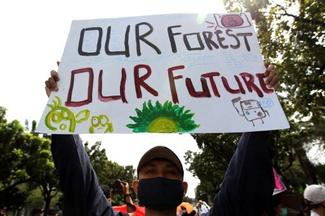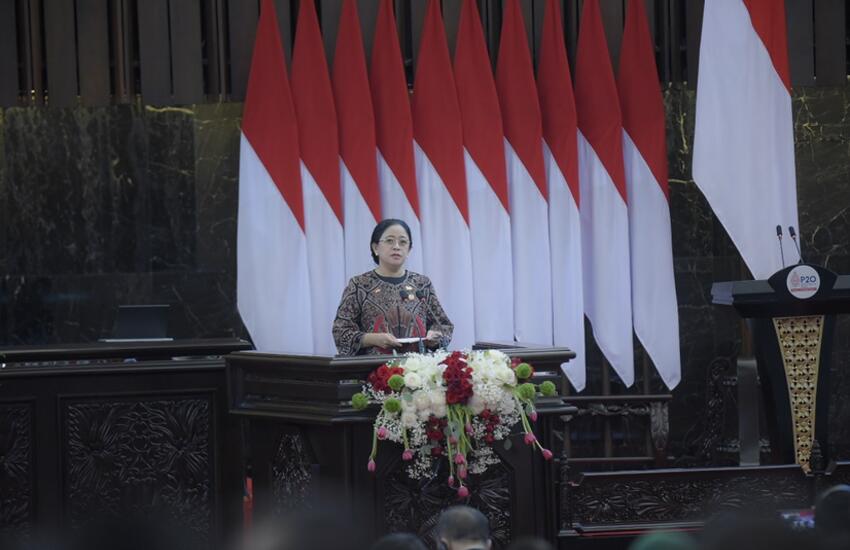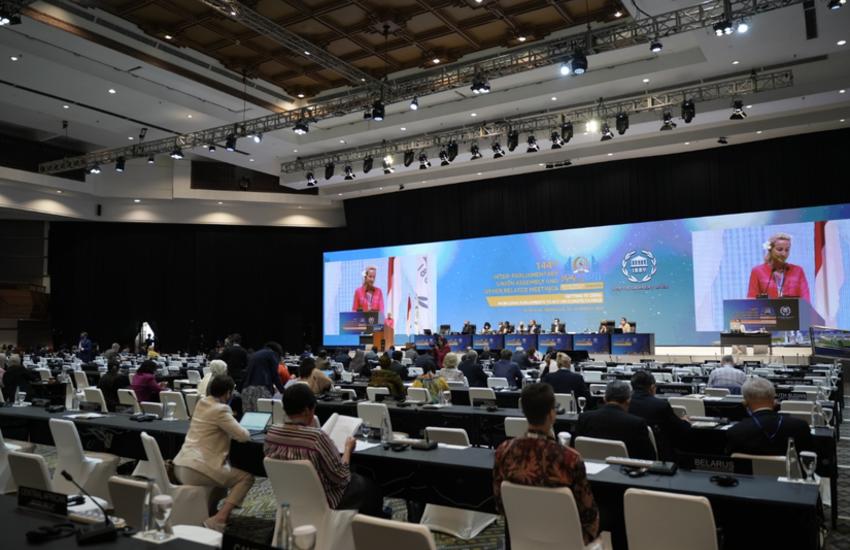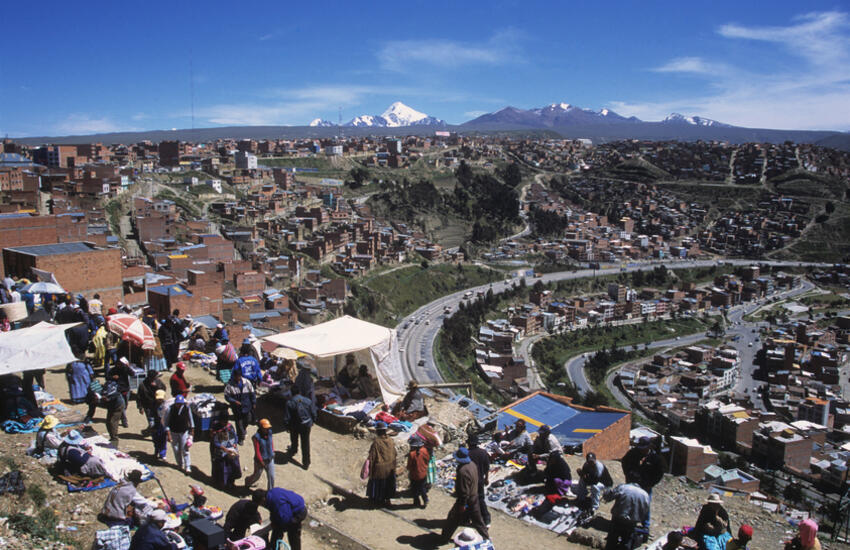The House of Representatives’ Committee for Inter-Parliamentary Cooperation has established a dedicated taskforce with two main objectives: (i) to facilitate systematic parliamentary engagement in the SDGs; and (ii) to build and promote partnerships with national and international partners for the successful implementation of the SDGs. In addition, there are 11 commissions dealing with different policy sectors, all of which are relevant to SDG implementation, including the environment, energy and health. The commissions have mainstreamed the SDGs in their work, recognizing Parliament’s important role in ensuring that SDG commitments are being properly met. This Committee also plays a key role in enhancing cooperation and coordination between other parliamentary committees and the leading government ministries and agencies responsible for the overall coordination and implementation of the SDGs in Indonesia.
SDG integration into parliament’s core functions
Given its constitutional responsibilities, the House of Representatives is one of the main actors involved in strengthening an enabling environment and monitoring the national achievement of the SDGs. The legislature has developed an SDG monitoring portal in cooperation with the Ministry of National Development Planning, and Statistics. The portal is a publicly accessible digital platform that supports parliamentary commissions, members of parliament and citizens in general to regularly monitor SDG implementation in the different electoral districts. The portal is supported by permanent parliamentary staff, who also assess the SDG indicators using data sources from two partner institutions.
The SDG monitoring portal provides MPs with comprehensive, accessible and disaggregated district‑level data to oversee progress towards each goal. The data can be used as a foundation to formulate or amend legislation, allocate budgets, consider expenditure improvements, and generate evidence to develop government programmes for critical priority areas or populations that have been left behind. The portal also gives communities an invaluable opportunity to voice their concerns, provide input and feedback, and collaborate with MPs to achieve people-centered and inclusive SDG policies that reflect and respond to the specific needs and priorities of constituents.
Disaster risk reduction and climate change measures
The House of Representatives has committed to accelerating the deliberation process for the Sustainable Energy Bill. The Bill will provide for a set of measures to speed up the transition towards a green and sustainable economy by: (i) encouraging the use of renewable energy in the national energy supply; (ii) giving incentives to renewable energy power plant developers; (iii) developing human resources; (iv) setting competitive prices for sources of renewable energy; (v) removing regulatory barriers to renewable energy development; and (vi) developing green energy industries.
After reflecting on evidence generated through the monitoring portal, the House of Representatives conducted a series of SDG days in concert with the work of the SDG taskforce. The objectives of the SDG days are to accelerate the process of SDG localization, support local governments, and mobilize MPs and other stakeholders to leverage experience and knowledge in support of all levels of SDG implementation across Indonesia.
Challenges and lessons learnt
Data of limited quality is not always disaggregated to assess the impact of laws and spending on different populations of concern, including the assessment of how far funds and programmes are targeting those most in need. The knowledge and individual expertise of MPs are also essential to oversee implementation and mainstream the SDGs in the work of different parliamentary committees. Therefore, SDG taskforce members and parliamentary staff have developed various knowledge products and guidance material to enhance the capacities of MPs and improve their ability to follow up on critical inputs from the SDG monitoring portal.











